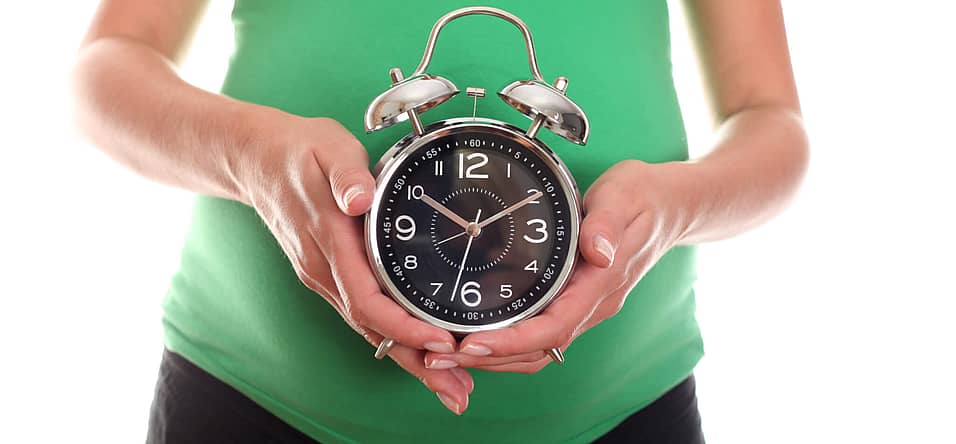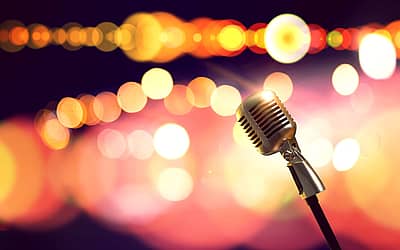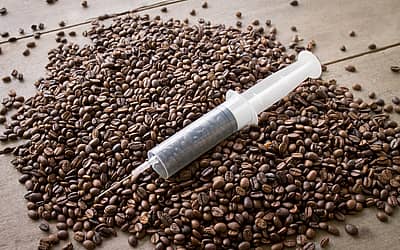
Biological Clock Day
Re-regulate your own biological clock by setting routines for your body, including a regular bedtime and wake-up time, regular nutritious meals, and fewer naps.
For some people, the words ‘biological clock’ may conjure up images of dancing babies. But there is definitely much more to the biological clock than that last minute urge to make babies that supposedly kicks in at a certain point in a woman’s life. The biological clock is related to more than just aging.
For a start, both men and women have a biological clock, and all of this is celebrated by Biological Clock Day!
History of Biological Clock Day
Presumably, before technology and alarm clocks, human beings were functioning quite well in the world, waking up and going to sleep at regular intervals every day. This ability for the human body and brain to instinctively know the time of day is sometimes called the biological clock. Eating, breathing and sleeping are vital rhythms that keep the human body functioning and all of these are related to the body’s internal clock. In addition, these rhythms impact our hormone levels.
The biological clock acts as a sort of inner schedule by which a person dwells that can often affect their behavior as well as their mood on a daily basis. Also known more formally as the ‘circadian rhythm’, this internal clock maintains a sleep-wake pattern that fits in with the light and dark of a day according to the rhythms of the planet. This cycle monitors light, temperature and other environmental factors to influence things in a person’s life including alertness, energy levels, hunger, motivation and other factors.
Biological Clock Day was established to celebrate the natural rhythms of the body and show appreciation for the miraculous way the human body is formed. The day is meant to raise awareness for the need that people have to pay more attention to what their bodies and brains are telling them.
The technology of today’s world, from something so simple as a regular light bulb to blue light from electronics and computers, can upset the balance of the biological clock. Biological Clock Day is here to act as a reminder for those who want to move back into a more natural rhythm and allow their bodies to tell the story!
How to Celebrate Biological Clock Day
Biological Clock Day offers a variety of opportunities to pay respect and attention to our bodies. Perhaps implement some of these ideas in celebration of the day:
Re-Regulate the Body
It might be a good idea to celebrate Biological Clock Day by setting aside some time to re-regulate the body. This will likely take more than a 24-hour period, but the day can perhaps be a good catalyst. Get started by creating a regular bedtime routine that allows plenty of time for relaxing and falling asleep at night.
Limit Artificial Light
One of the most basic ways to observe Biological Clock Day might be to get back to a rhythm the way nature intended it to be. Try unplugging those electronics and turn off the lights at a set time in the evening. Pick up an actual book with pages instead of scrolling through the phone.
See what happens when nature takes its course and there’s no human intervention of technology to hijack the processes the body really needs. It might take a bit of time for the body to detox and reset itself, but the effort will certainly be worth it in the end!
Practice Sleep Hygiene
Need some additional tips on how to get the body to engage with its natural rhythms on Biological Clock Day? Try some of these sleep hygiene ideas:
- Go to sleep and wake up at the same time every day
- Try to avoid taking naps if they seem to inhibit the ability to fall asleep at the right time at night
- Stop eating and exercising at least two hours (or more) before bedtime and avoid chemical stimulants like caffeine and nicotine during these hours
- Try wearing glasses that block blue light









